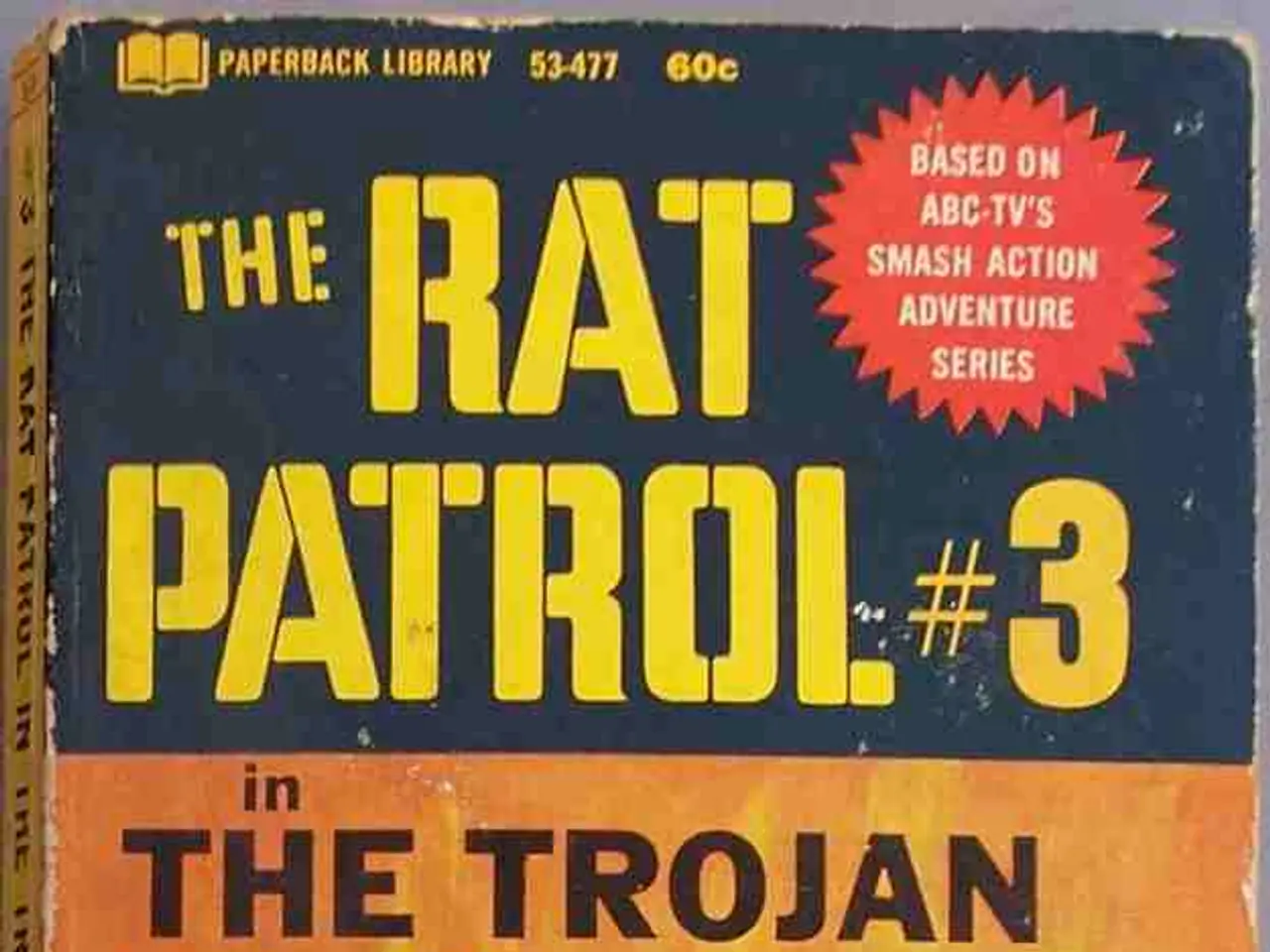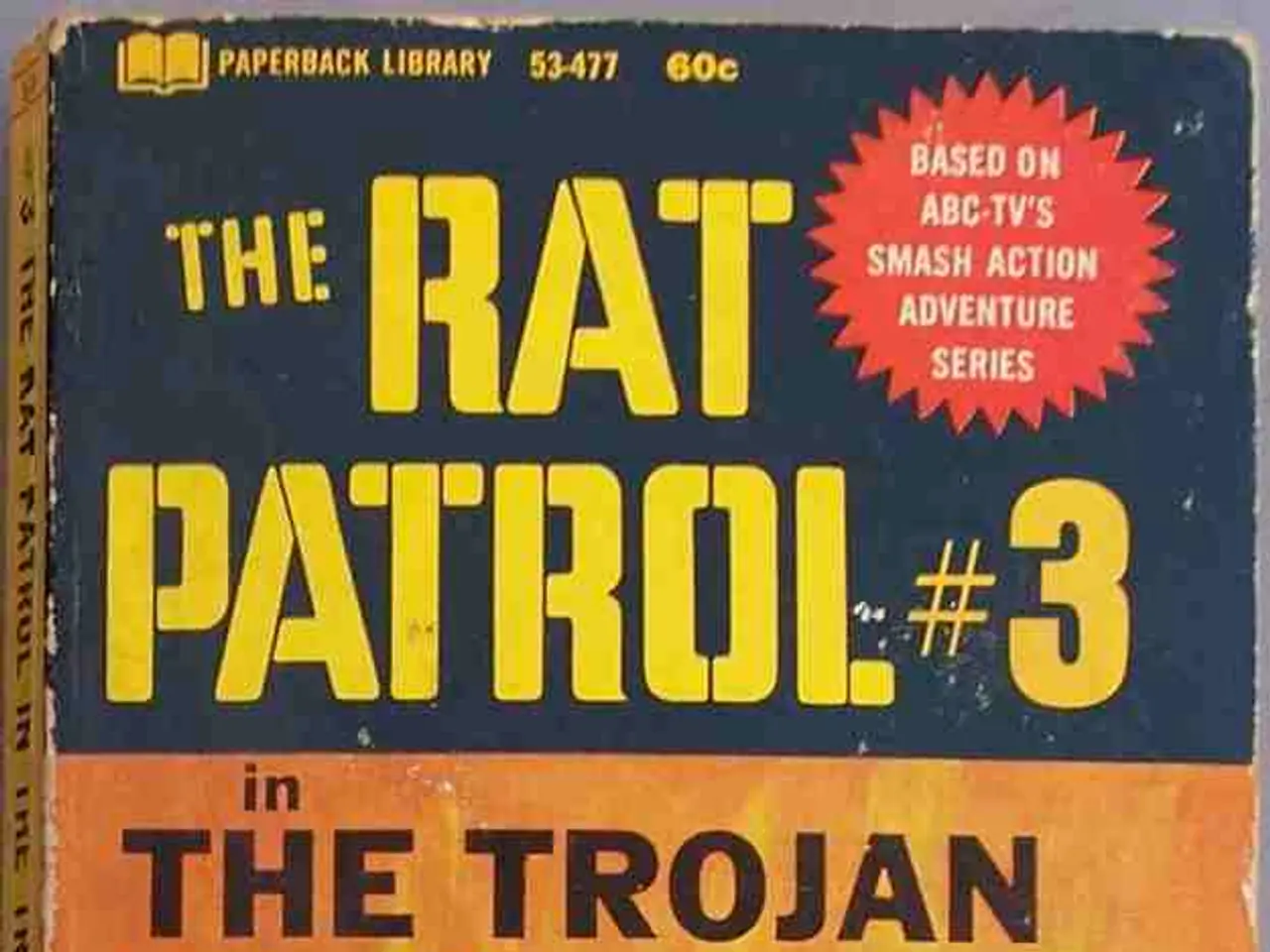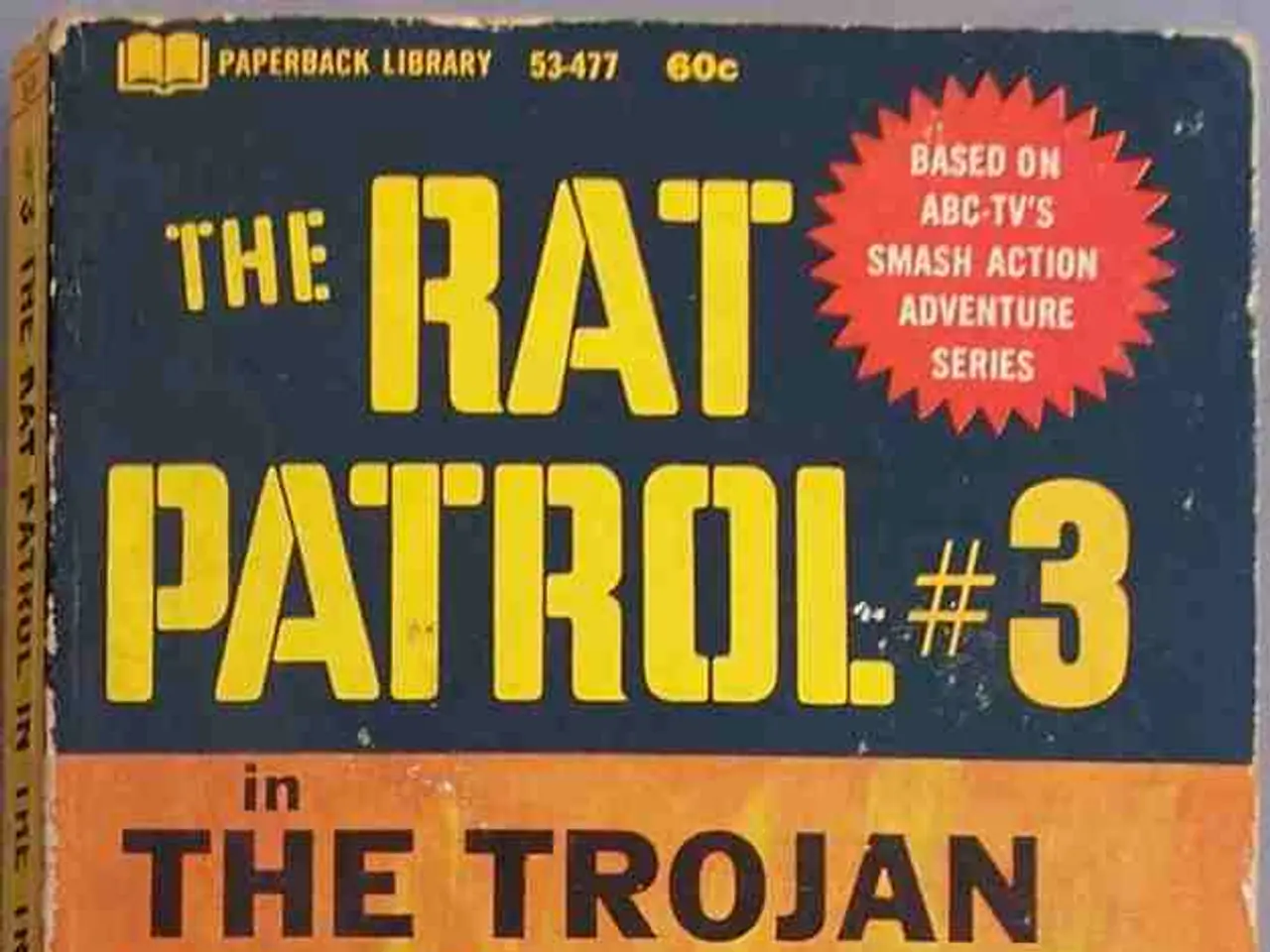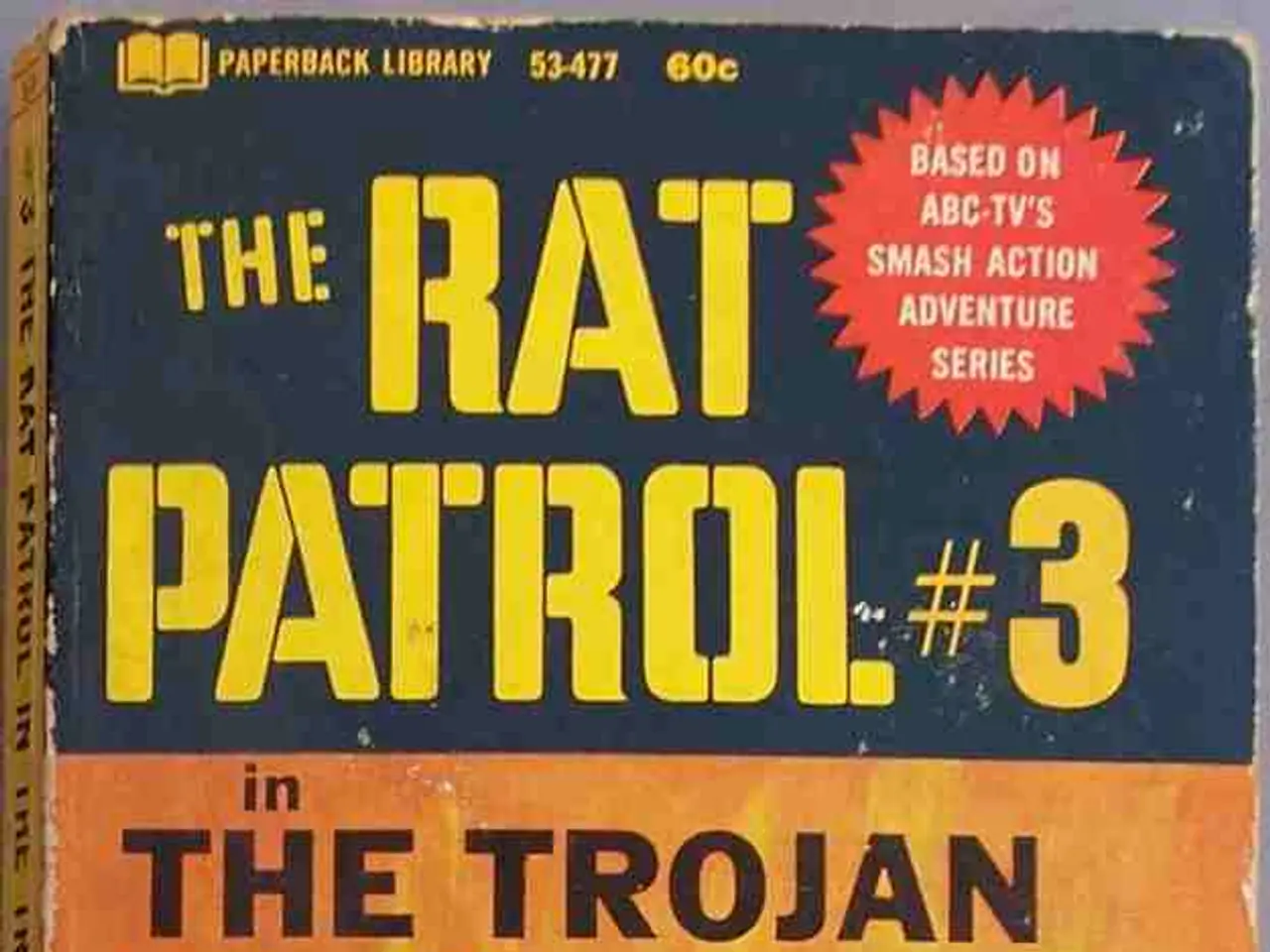Terrorist organisations in Europe might face designation as criminal cartels
The European Union has not followed the U.S. lead in designating Mexican drug cartels as terrorist entities, despite the Trump administration's classification of multiple cartels as Foreign Terrorist Organizations (FTOs) earlier in 2025.
The U.S. State Department's designation of eight transnational criminal groups in Latin America, including six Mexican drug cartels, marked a shift in framing these cartels as national security threats rather than merely criminal groups. This move enabled heightened legal and financial responses such as asset freezes and sanctions against their financial backers.
However, Mexican authorities, including President Claudia Sheinbaum, have opposed direct U.S. military involvement against cartels on Mexican soil, emphasizing sovereignty concerns. While the U.S. has intensified measures, including sanctions against Mexican financial institutions linked to illicit trafficking, the EU has not announced similar terrorist designations or sanctions against Mexican cartels.
Analysts stress that the U.S. designation impacts bilateral cooperation and strategic legal actions rather than causing the cartels to retreat or collapse immediately. The EU tends to maintain distinct policies on terrorism and organized crime, frequently coordinating with international partners but not automatically adopting U.S. designations without their own assessment and legal processes.
Jorge Martín Frías, a member of the European Parliament, has raised concerns about the timid security strategy and botched judicial reform in Mexico, which may favor the illicit activities of drug cartels. He has also questioned the Council about the possible inclusion of Mexican drug cartels in the list of persons, groups, and entities subject to the measures of articles 2 and 3 of Common Position 2001/931/PESC.
The Common Position 2001/931/PESC is about the application of specific measures adopted by the EU in the fight against terrorism. Each individual or entity on the list is subject to the freezing of funds and other financial assets or economic resources in Europe, as well as reinforced measures in the police and judicial spheres. The list currently includes groups such as ISIS, Al-Qaeda, Hamas, and Palestinian Islamic Jihad.
The European Council states that cooperation between the EU and the United States in the fight against transnational organized crime and drug trafficking is a central element of the bilateral dialogue on justice and home affairs, which takes place twice a year at the highest level. The debates in these meetings focus on reducing drug supply through improved security, reducing drug demand through prevention, treatment, and assistance services, and addressing drug-related harms.
Recently, the EU has updated the list of individuals, groups, and entities designated as targets of sanctions following the January review. However, the Mexican drug cartels are not included in this updated list. The European Council may at any time adopt a decision to add or remove persons, groups, or entities from the list mentioned above.
In conclusion, while the U.S. under President Trump and into 2025 has escalated the framing and legal pressure on Mexican drug cartels by labeling them as terrorist organizations, there is no publicly available evidence that the European Union has followed suit by including these cartels on its terrorist entity list.
The U.S. designation of Mexican drug cartels as Foreign Terrorist Organizations (FTOs) in 2025 has not been mirrored by the European Union in their general-news policies, as the EU tend to maintain distinct policies on terrorism and organized crime. Additionally, the Mexican drug cartels have not been included in the list of persons, groups, and entities subject to the measures of articles 2 and 3 of Common Position 2001/931/PESC, which signifies that the EU has not announced similar terrorist designations or sanctions against Mexican cartels.







